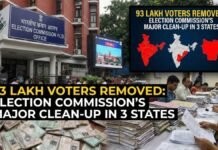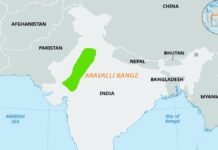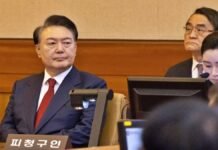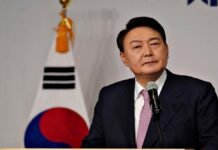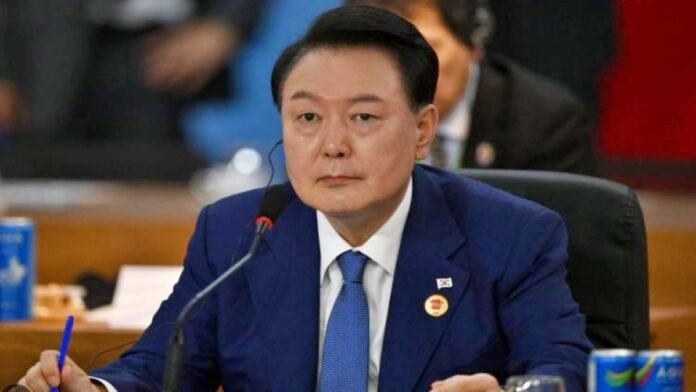
Seoul: South Korea plunged into political chaos as President Yoon Suk Yeol issued a televised apology on Saturday, addressing the public outrage caused by his brief attempt to impose martial law earlier this week. With a parliamentary impeachment vote looming, Yoon pledged to accept legal and political accountability, signaling his willingness to let his conservative People Power Party decide the future course of his presidency.
“I’m Truly Sorry”: Yoon Apologizes Amid Growing Calls for Impeachment
In a brief televised statement, Yoon expressed regret for sparking public anxiety and inconvenience with his martial law declaration, which was quickly reversed by parliament. “I will not attempt to impose martial law again,” Yoon promised, acknowledging the deep political and social rift caused by his actions.
Impeachment Vote Scheduled Amid Political Crisis
Later on Saturday, lawmakers will convene to vote on impeaching Yoon, whose martial law stunt has drawn criticism both domestically and internationally. Opposition parties, which control 192 of the National Assembly’s 300 seats, need just eight additional votes from Yoon’s People Power Party (PPP) to reach the two-thirds majority required to oust the president.
The vote follows a tumultuous week, during which 18 PPP lawmakers broke ranks and supported a unanimous parliamentary decision to annul Yoon’s martial law declaration. That decision came as heavily armed troops encircled the National Assembly, sparking fears of an authoritarian crackdown.
“A Danger to the Nation”: Yoon’s Party Leader Calls for Suspension of Powers
Han Dong-hun, the leader of Yoon’s party, has called for the immediate suspension of the president’s powers, describing him as unfit to lead. Han revealed that Yoon ordered South Korea’s defense counterintelligence commander to detain opposition politicians, including National Assembly Speaker Woo Won Shik and opposition leader Lee Jae-myung, under allegations of “anti-state activities.”
Han warned that Yoon’s actions could endanger the nation’s democratic institutions, urging party members to prioritize national stability over partisan loyalty.
Military Commanders Suspended Amid Rebellion Allegations
The fallout has extended to South Korea’s military leadership, with the Defense Ministry suspending three senior commanders accused of assisting in enforcing martial law. Among them is Yeo In-hyung, head of defense counterintelligence, who reportedly received direct orders from Yoon to arrest key opposition figures.
Former Defense Minister Kim Yong Hyun, accused of recommending martial law to Yoon, is now under investigation for rebellion charges and has been placed under a travel ban. His resignation was accepted on Thursday, and Vice Defense Minister Kim Seon Ho has testified that Kim orchestrated the deployment of troops to the National Assembly.
Global Concern Over South Korea’s Political Instability
Yoon’s attempt to impose martial law and the subsequent turmoil have alarmed international allies, including the United States and Japan. As one of Asia’s strongest democracies, South Korea’s internal crisis has raised concerns about regional stability and its commitment to democratic norms.
“A Self-Coup”: Opposition Pushes for Accountability
Opposition lawmakers have labeled Yoon’s martial law declaration a “self-coup,” framing the impeachment motion around rebellion charges. If successful, it would mark a significant turning point in South Korea’s political history, potentially unseating a sitting president for the second time in recent years.
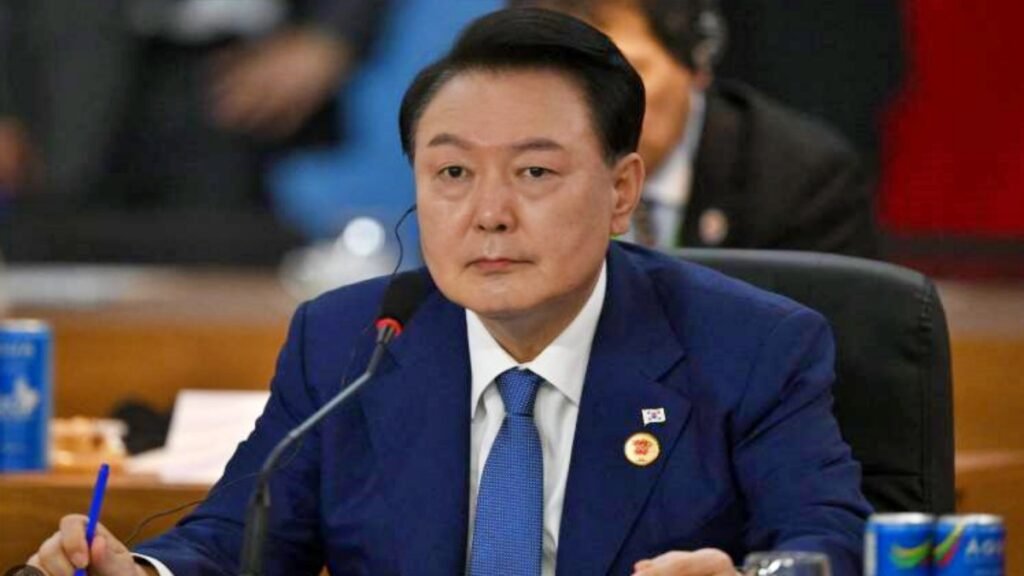
Next Steps in a Nation on Edge
The National Assembly will vote first on appointing a special prosecutor to investigate influence-peddling allegations involving Yoon’s wife, followed by the critical impeachment vote. As tensions escalate, all eyes remain on the outcome, which could shape the future of South Korea’s democracy.

